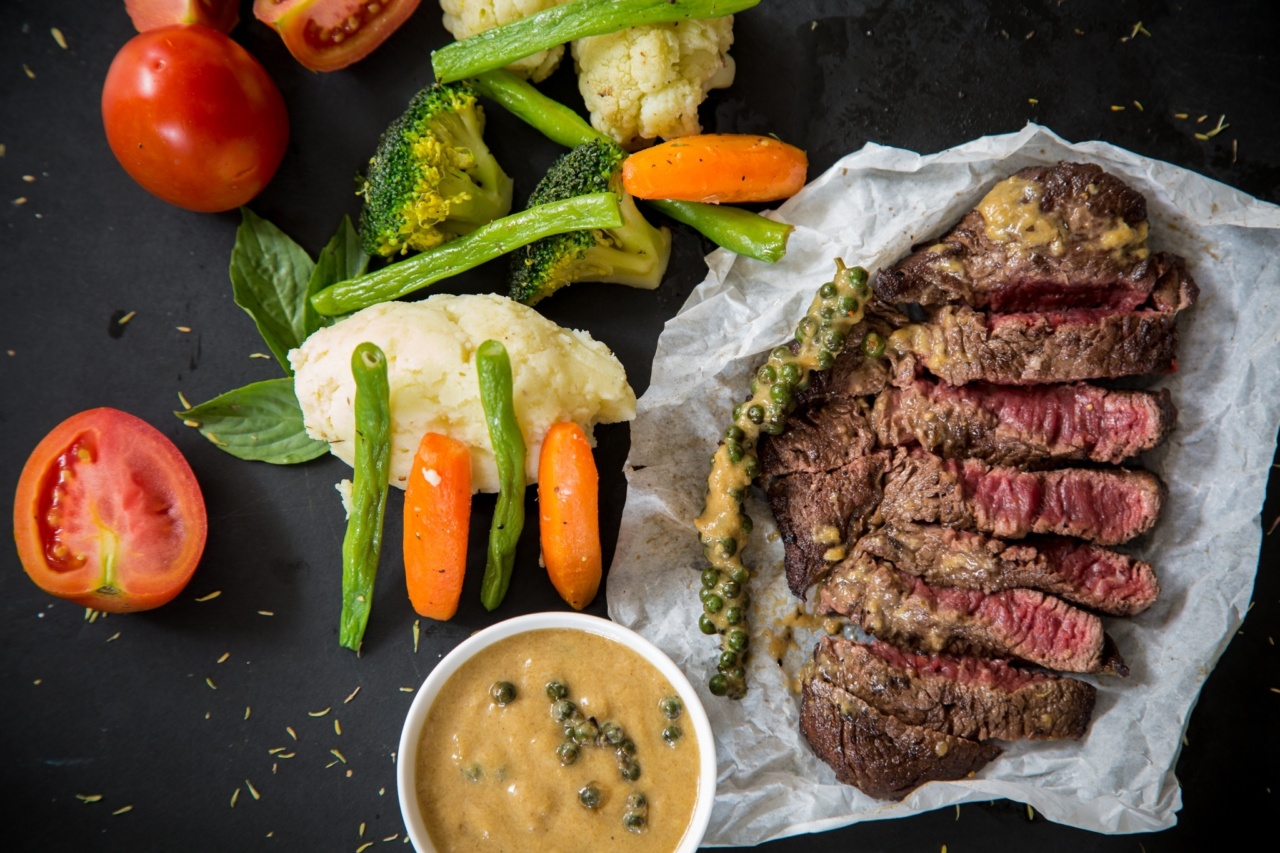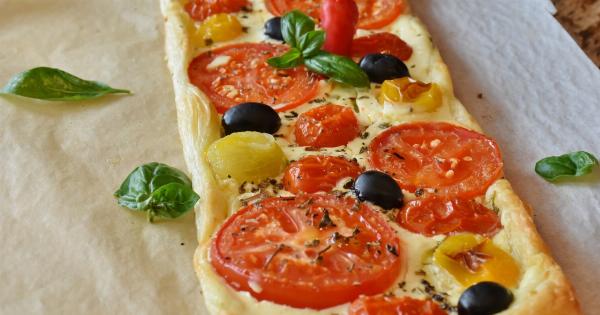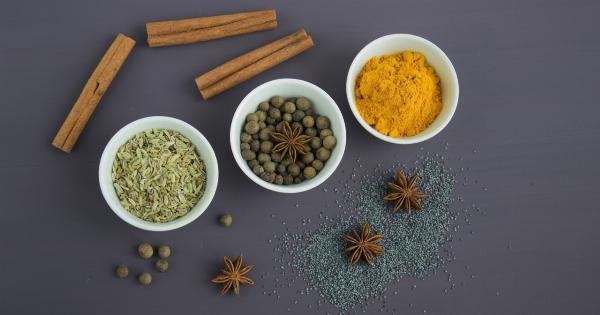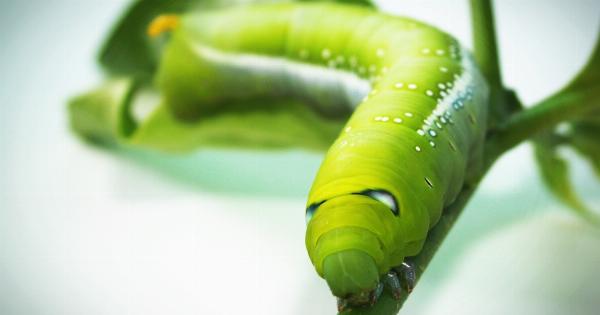Many people believe that meat is the only reliable source of protein. However, this couldn’t be further from the truth. Vegetarians can easily meet their protein needs by incorporating a variety of plant-based foods into their diet.
In fact, plant-based proteins have several advantages over animal-based proteins, including being lower in saturated fat and cholesterol while providing essential nutrients and fiber. Whether you’re a long-time vegetarian or thinking of making the switch, here’s everything you need to know about getting enough protein without meat.
Why Protein is Important
Protein is a macronutrient that plays a crucial role in the body. It is responsible for repairing tissues, building enzymes and hormones, and aid in various bodily functions.
Protein is made up of smaller units called amino acids, which are necessary for the growth, maintenance, and repair of cells. There are 20 different amino acids, and while the body can produce some of them, there are nine essential amino acids that must be obtained from the diet.
The Protein Myth: Dispelling Misconceptions
One of the biggest misconceptions about vegetarianism is that it’s hard to get enough protein without meat. However, this simply isn’t true.
While it’s essential to ensure you’re consuming an adequate amount of protein, plant-based sources can provide all the necessary amino acids the body needs. By eating a variety of plant-based foods, you can easily meet your protein needs and maintain a balanced diet.
Top Protein Sources for Vegetarians
To ensure you’re getting enough protein as a vegetarian, incorporate these top protein sources into your daily meals:.
1. Legumes: Beans, lentils, and chickpeas are excellent sources of protein. They are also rich in fiber and other essential nutrients.
2. Quinoa: A complete protein source, quinoa is packed with all nine essential amino acids. It’s also high in fiber and other essential minerals.
3. Tofu and Tempeh: These soy-based products are versatile and can be used in various dishes. They provide a significant amount of protein and can be a great meat substitute.
4. Nuts and Seeds: Almonds, walnuts, chia seeds, flaxseeds, and hemp seeds are all protein-rich options. They are also high in healthy fats and other beneficial nutrients.
5. Dairy Products: If you consume dairy, options like Greek yogurt, cottage cheese, and milk can provide a good amount of protein.
6. Eggs: Eggs are a complete protein and can be incorporated into meals in numerous ways. They are also a great source of vitamins and minerals.
7. Whole Grains: Whole grains like brown rice, oats, and whole wheat bread contain a decent amount of protein. They are also packed with fiber and provide sustained energy.
8. Seitan: Made from gluten, seitan is an excellent protein source for those who are not gluten-intolerant. It has a similar texture to meat and can be used in various dishes.
9. Spirulina: This blue-green algae is considered a superfood due to its high protein content. Add it to your smoothies or include it in other recipes.
10. Protein-Rich Vegetables: Vegetables like broccoli, spinach, Brussels sprouts, and peas contain a significant amount of protein. They are also rich in other vitamins and minerals.
Balancing Protein Intake
As a vegetarian, it’s important to maintain a balanced diet to ensure you’re getting all the necessary nutrients. This includes not only consuming enough protein but also incorporating foods from all food groups.
Aim to include a variety of fruits, vegetables, whole grains, legumes, and healthy fats in your meals. Additionally, paying attention to portion sizes can help you maintain a healthy weight and feel satisfied after meals.
Meal Ideas for Protein-Packed Vegetarian Dishes
Here are some ideas to incorporate into your meal planning:.
1. Quinoa Salad: Combine cooked quinoa with mixed vegetables, chickpeas, and a drizzle of olive oil and lemon dressing. Top with your favorite nuts or seeds for added crunch.
2. Tofu Stir-Fry: Sauté tofu cubes with a variety of colorful vegetables in a soy sauce-based sauce. Serve over brown rice or whole wheat noodles.
3. Lentil Soup: Simmer lentils with diced tomatoes, onions, carrots, and spices for a hearty protein-packed soup.
4. Greek Yogurt Parfait: Layer Greek yogurt with fresh fruits, nuts, and a drizzle of honey for a protein-packed breakfast or snack option.
5. Egg and Vegetable Wrap: Scramble eggs with your choice of vegetables and wrap in a whole wheat tortilla for a quick and satisfying meal.
Supplementing with Protein Powders
In some cases, individuals, including vegetarians, may find it challenging to meet their protein needs through diet alone. This is where protein powders can be beneficial.
There are many plant-based protein powders available, such as pea, rice, hemp, and soy protein powders. These can be easily incorporated into smoothies, baked goods, or other recipes to increase protein intake.
Conclusion
Being a protein-packed vegetarian is entirely achievable with a well-planned diet that incorporates a variety of plant-based protein sources.
By being mindful of your protein intake and including a wide range of nutrients in your meals, you can meet your nutritional needs without relying on meat. With so many delicious and nutritious options available, it’s easier than ever to thrive on a vegetarian diet while maintaining optimal health.



























